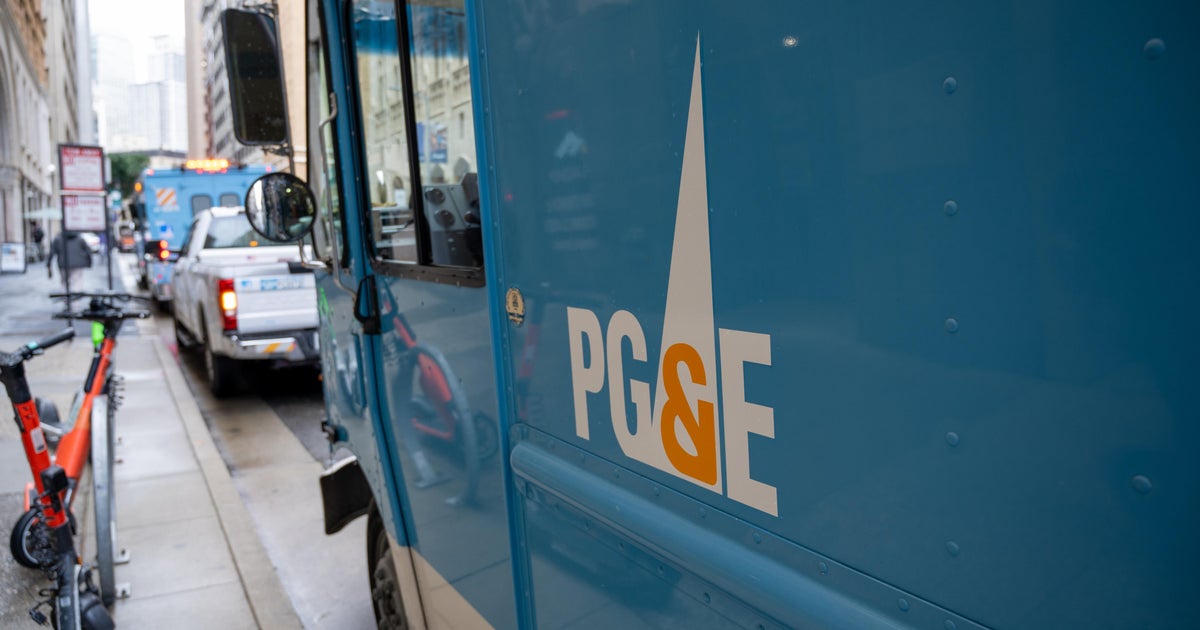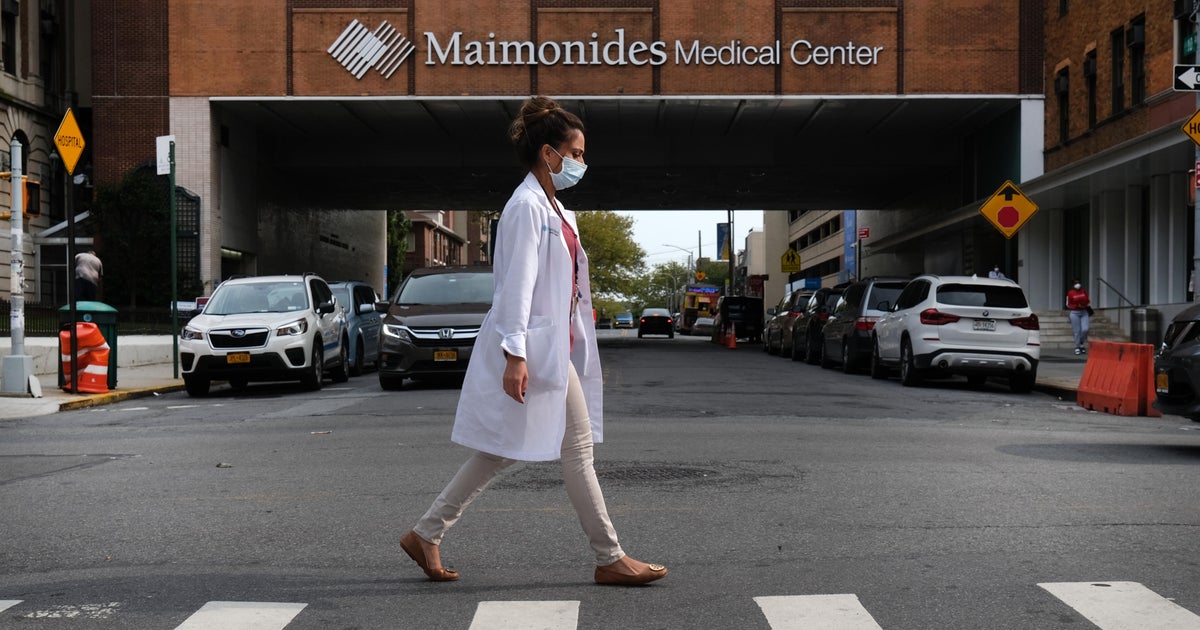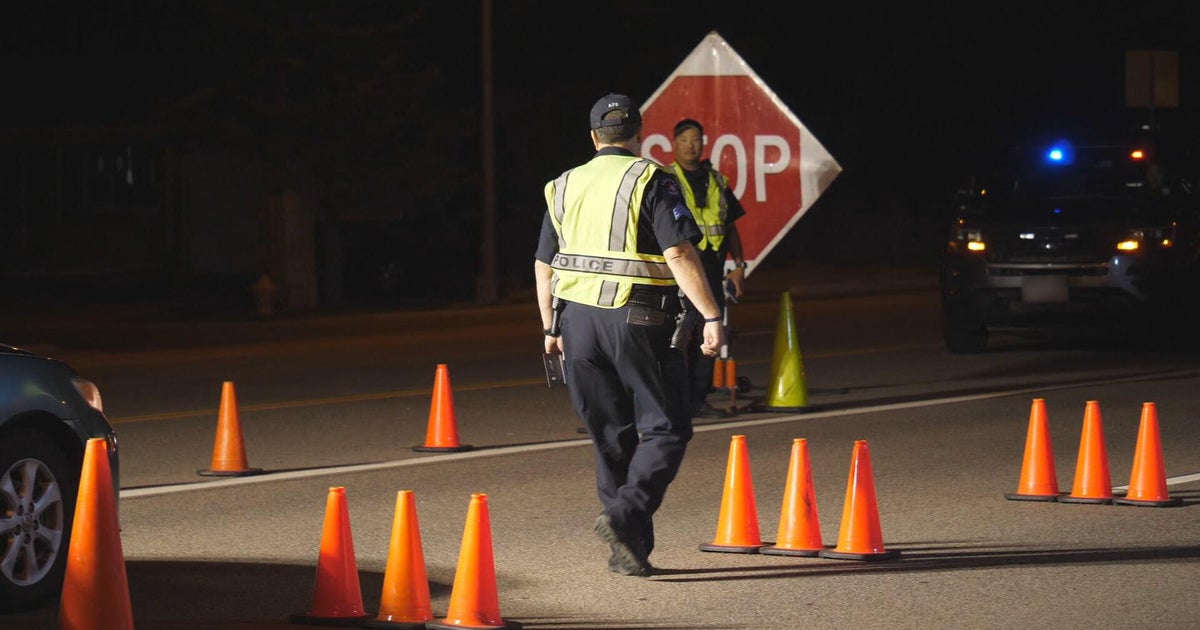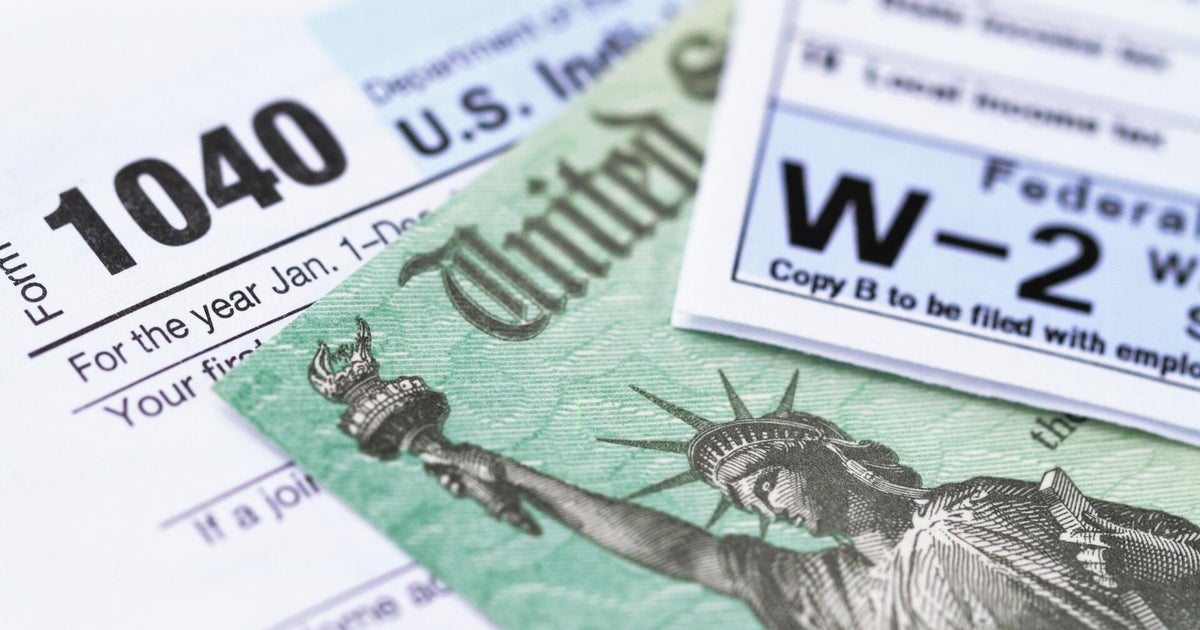New program will reinvest tax revenues from Minnesota weed sales into communities impacted by prohibition
MINNEAPOLIS – When legal marijuana sales start in Minnesota, state lawmakers built into the new law a program to reinvest millions into communities that saw the most impact when cannabis use was prohibited.
It's called the "CanRenew" program and will allocate some of the tax revenues the state collects for grants to nonprofits, local governments and groups dedicated to improving health outcomes, violence prevention and economic development.
Eligible communities must have residents who meet the state's definition of "social equity applicants," a criteria the law instructs the new Office of Cannabis Management to consider when issuing business licenses, like someone a convicted of cannabis offense, veterans, Minnesotans from high poverty areas, or "emerging farmers."
"I was raised to know that when you mess up, it's important to do what you can to make it right. And these programs are just the beginning of what it can look like to really start to reinvest in the communities that were harmed the most," said Rep. Jess Hanson, DFL-Burnsville.
RELATED: Recreational weed is now legal in Minnesota: What to know
Bill authors say that was one of the key goals of legalization: to right the wrongs of prohibition and its disproportionate impact on certain communities. Data compiled by ACLU of Minnesota show Black Minnesotans were five times more likely to be arrested for possession than white Minnesotans.
"We have seen some other states do some kind of reparative solutions, but really not in the depth that we have here in Minnesota," Hanson said.
As of Aug. 1, Minnesotans can lawfully smoke weed and grow up to two pounds of it in their homes, becoming the 23rd state to legalize it for recreational use for adults 21 and older. Retail sales likely won't begin until the beginning of 2025 as the new state regulatory agency gets up and running. When that happens, the law earmarks $1 million for CanRenew in the first year and $15 million ongoing.
Low-level cannabis crimes will be automatically expunged from people's criminal records and there will be a new board to consider felony convictions and if they should be cleared, too.
Rep. Nolan West of Blaine, one of the few Republicans who supported the legislation to make marijuana legal, told WCCO he was concerned about the grant program, citing the Feeding Our Future scandal in which prosecutors say the nonprofit defrauded the federal government of millions intended to feed hungry children during the pandemic.
He called it an effort by Democrats to advance their "left-wing ideological goals" instead of just focusing on making cannabis legal and regulated.
"I have very little hope that [the program] will be effective," West said.
Angela Dawson, the president of the 40 Acre Co-op and the group The Great Rise, praised the passage of the law and said she and others worked hard to ensure equity was at the heart of the work.
She hoped lawmakers would consider leveling the playing field for all, not just those who want to tap into the new legal marketplace.
RELATED: Minnesotans getting educated on growing their own weed
"There's people I know, for example, who had been just as impacted and were arrested for cannabis 10 or 15 years ago, and just because of that experience and the trauma they experienced with that arrest, they don't even want to touch a cannabis business," Dawson said. "But because they were impacted, they still do deserve support -- they still do deserve the opportunity to put their life back together."
One of her concerns, though, is that the programs in the law to help people get into the cannabis industry, from loans to job training, are still a year or more away. That's because they'll fall under the purview of Office of Cannabis Management that is still in its infancy, and the state isn't seeing tax revenue yet from sales.
She worries that delay creates a window where people with the resources to navigate the new industry and lay the groundwork for a business will get a head start.
"Our work isn't done," she said. "Even though there is a lot in the bill around equity, we still have to do a lot of work to make sure that the equity is realized by the people who really need it."









